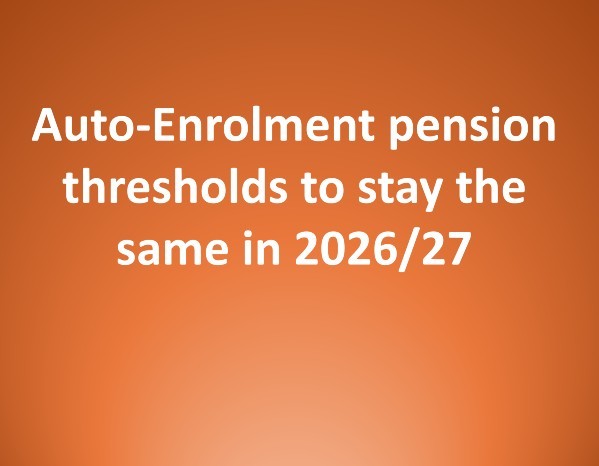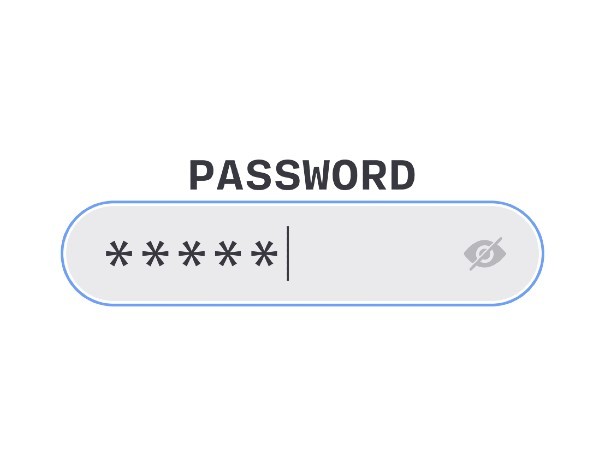
We are grateful to insolvency practitioners, Northpoint, for this article about the options that are available to businesses who are finding it difficult to repay their Bounce Back Loans.
The Covid-19 pandemic (Pandemic) caused major social and economic disruption worldwide. The UK Government implemented a number of packages for people and businesses in the UK. Over £69bn was spent on business support schemes, and this was in addition to the funds paid to employees under the Coronavirus Job Retention Scheme (“JRS or furlough”). The business support was a mix of grants, loans and temporary tax cuts.
Loans made by lenders to businesses were guaranteed by the Government, in whole or part, to provide liquidity to businesses that may have alternatively failed due to the costs associated with the Pandemic. By far the largest number of loans provided under the support package were the Bounce Bank Loans (BBLs). Whilst they remain guaranteed by the Government, the instalments of the BBLs are now falling due and are repayable.
A lot of directors and key management used the overall downtime caused by the Pandemic to re-evaluate their businesses, looking at profitability in key areas, and make changes which have allowed a significant number of businesses to flourish post pandemic.
What happens if the company can't pay the loan back?
However, what if, notwithstanding changes made to the business, your business is not in a position to support repayment of the BBLs or other loans taken out.
Whilst the main reason for this is likely to be lack of increased profitability, a number of factors are affecting businesses including staffing shortages, difficulties with supplies and more surprisingly to directors is overtrading, which is when a business appears to be booming but doesn’t have the cashflow to support the growth. Whatever the reason then it is important that directors take action and, as necessary, take advice.
If the matter is overtrading then your accountant, lender or broker may be able to offer assistance in supporting any growing business, and it is important that directors seek advice.
If the business is profitable but further time is needed to repay the loan the British Business Bank website has details of how to extend and delay repayments, which has been dubbed “Pay As You Grow” and this allows a business to:-
- extend the length of a BBL from six years to 10 years
- make interest-only payments for six months, with the option to do this up to three times throughout the loan
- request a six-month repayment holiday
A single option or several in combination can be used.
As an example, a business could:
- extend the length of the loan from six years to 10 years, and
- make interest-only payments for 18 consecutive months
It should however be noted that whilst this would lower monthly payments, it would mean paying back the loan over a longer period. Also, over the course of 18 months, only interest would have been repaid, and none of the initial amount you borrowed (known as the principal debt).
If however you feel the business is not, and is unlikely to return to profitability then it is important that directors don’t just continue without taking advice. Often directors turn to web searches for advice however directors should be very cautious to ensure that the sites they use are of reputable advisers.
It is often good marketeers and not good professionals that are at the top of google searches. Often directors don’t want to talk to their accountant as they may owe outstanding fees, but accountants will assist, or at least point directors to an Insolvency Practitioner that they trust to give the best advice for their client. They will be able to allay misconceptions attributed to non-repayment of BBL’s.
Misconceptions such as:
- directors are personally liable for repayment of BBL – this is incorrect there is no personal liability, per se, for the actual BBL
- directors will automatically be disqualified from acting as a director due to an unpaid BBL – again this is incorrect
The Government does expect full repayment of any BBLs where possible however, where this is not possible, and a Company goes into an insolvency process, so long as the funds have been used appropriately within the business then directors positions personally should not be affected.
Clearly if loans have been taken on a fraudulent basis, or for the overall benefit of the directors then some recovery may be sought. However, that said, directors are entitled to be paid under any employment contract so where payments are in the normal course of business to directors’ payments are not necessarily recoverable.
At the outset of the Pandemic it was reported in the Financial Times that irrevocability of the loans may be as high as 40-50%, and therefore there is already an expectation of irrevocability by the Government, therefore it is only those directors who have abused the system that may suffer the consequences. Don’t subject yourself to the stress of worrying about repayment of BBL’s, or the financial position of the business generally but take advice early.
Don’t be afraid to seek advice, reputable advisors are there to assist.
Author: Linda Farish, Licensed Insolvency Practitioner, Northpoint, Newcastle. linda@northpoint.co.uk.
The information provided in this blog is for general informational purposes only and should not be considered professional advice. As far as we are aware, the content is accurate at time of publication. Torgersens assumes no responsibility for errors or omissions in the content or for any actions taken based on the information provided.



.jpg)



